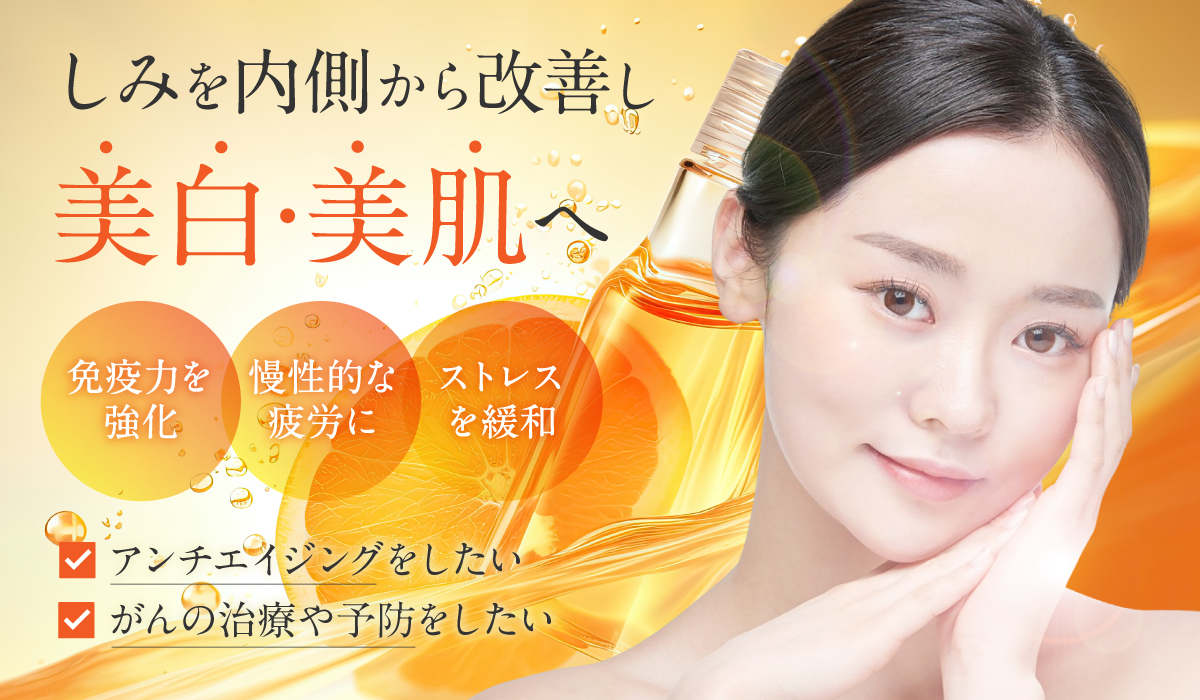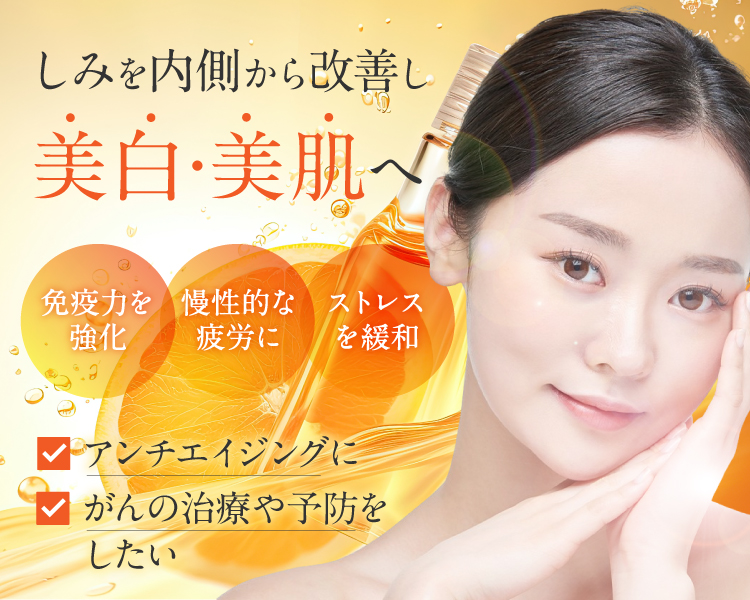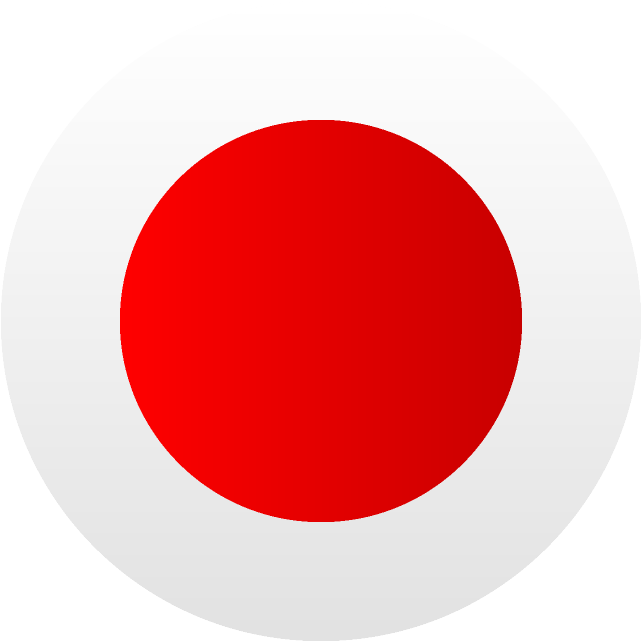High-concentration vitamin C drip


Recommended for Those
with Such Concerns
with Such Concerns
-
 Want to do anti-aging.
Want to do anti-aging. -
 Want cancer treatment or prevention.
Want cancer treatment or prevention. -
 Want to strengthen immune system.
Want to strengthen immune system. -
 Have chronic fatigue.
Have chronic fatigue. -
 Want to relieve stress.
Want to relieve stress.
for Such Concerns

What is High-concentration vitamin C drip ?
Injecting high doses of vitamin C intravenously generates reactive oxygen species within tissues.
This allows for the temporary direct intake of much higher amounts of vitamin C than through supplement ingestion.
Benefits expected include antioxidant effects, enhanced immunity, support for collagen synthesis, and potential cancer suppression.
From cold prevention to cancer inhibition, IV therapy offers various anticipated effects.
How High-concentration vitamin C drip Works
Since we breathe oxygen, avoiding cellular oxidation (aging) is challenging. When oxygen enters the body, it becomes activated as “reactive oxygen species (ROS)※1”. However, an excess of ROS can attack cells, leading to weakened immunity and increased susceptibility to cancer and lifestyle diseases.
One essential nutrient that combats this is vitamin C, known for its antioxidant properties. Unlike many animals, humans cannot synthesize vitamin C internally, necessitating oral or intravenous intake.
Because vitamin C is water-soluble, large oral doses are poorly absorbed through the digestive system and are mostly excreted in urine. In contrast, intravenous injection directly into the bloodstream raises blood concentrations 20-40 times higher than oral intake, significantly boosting antioxidant activity.
Even one session can reduce fatigue and improve sleep deprivation symptoms, with repeated treatments offering anti-aging benefits, skin whitening, improved skin tone, enhanced immunity against allergies and diseases, and more.
At our clinic, we use high-quality ascorbic acid from DAEHAN NEW PHARM, a Korean manufacturer known for its preservative-free and safe formulations highly recommended by many physicians. Our 25g high-dose vitamin C IV contains the equivalent of approximately 1250 lemons’ worth of vitamin C.
※1 Reactive oxygen species (ROS) are highly reactive forms of oxygen capable of oxidizing other substances. They play a role in killing bacteria and viruses within the body. Normally, excess ROS are neutralized by enzymes and antioxidants. However, disruptions in lifestyle habits can upset the balance between ROS production and elimination, leading to excessive ROS that attack cells, lower immunity, and increase susceptibility to cancer and lifestyle diseases.
Improvement Effects of
High-concentration vitamin C drip
High-concentration vitamin C drip
-
01Melanin Synthesis Inhibition
Vitamin C inhibits tyrosinase, the enzyme that produces melanin, thereby suppressing the generation of melanin, which causes spots (whitening effect), leading to expectations for preventing and improving spots.

-
02Beautiful Skin Effect
Enhances the function of fibroblasts, which are essential for skin firmness and elasticity, improving spots and wrinkles.

-
03Antioxidant Effect
With powerful antioxidant properties, it removes reactive oxygen species, a cause of aging, effectively rejuvenating the skin.

-
04Moisturizing Effect
Vitamin C also promotes the production of ceramides, which help retain skin moisture, providing moisture to the skin and preventing dryness.

-
05Suppression of Excessive Sebum Secretion
Suppresses excessive sebum secretion, making acne less likely. Additionally, its anti-inflammatory effects can reduce redness after acne and improve subsequent pigmentation.

-
06Enhancement of Immune Function
By enhancing lymphocyte function, it strengthens the immune system, preventing colds and viral infections. Enhanced resistance contributes to maintaining a healthy body and healthy skin.

-
07Anti-cancer Effect
In the 1970s, it was reported that intravenous and oral supplementation of vitamin C extended the survival period of patients with advanced cancer by 4.2 to 6 times.
In 2005, scientists from the U.S. National Institutes of Health, National Cancer Institute, and Food and Drug Administration published a joint paper in the Proceedings of the National Academy of Sciences stating that high concentrations of vitamin C can kill cancer cells. This led to research and dissemination of high-dose vitamin C intravenous therapy as an adjunct therapy for cancer, starting in the U.S. university hospitals, and gradually introduced in Japan from 2007 as a treatment option for cancer.
Currently, clinical trials of high-dose vitamin C intravenous therapy for cancer patients are underway at university hospitals in the United States, Canada, Japan, and more than 30 papers have been published on this subject. Reference: High-Dose Vitamin C Intravenous Therapy (Cancer Treatment) / Intravenous Therapy Research Society
-
08Anti-allergy Effect
It has an improvement effect on atopic dermatitis.

High-concentration vitamin C infusion treatment
The procedure typically takes about 30 to 60 minutes.
Occasionally, patients may feel unwell during the drip.
This can be attributed to the high concentration of vitamin C, causing a rapid increase in blood concentration, which may lead to feelings of nausea, fatigue, or discomfort in the blood vessels.
Those who are recommended for treatment
◆Want to improve skin firmness and radiance
◆Prone to acne that is difficult to heal
◆Experience frequent fatigue and stress
◆Hangovers, sensitivity to cold, shoulder stiffness
◆Want to boost immune function
◆Interested in cancer prevention and recurrence prevention
◆Want to prevent heart disease
◆Want to prevent aging and lifestyle-related diseases
◆ Atopic dermatitis or allergic tendencies
For those who smoke, it's especially recommended because nicotine destroys Vitamin C.
Price Guide
Features of High-concentration vitamin C drip
-
POINT
1Fatigue Recovery EffectHigh-dose Vitamin C removes reactive oxygen species, suppresses inflammation, and accelerates body recovery.
It also has strong detoxification effects, promoting the excretion of used anticancer agents. Additionally, although the mechanism is not fully understood, it has been confirmed to have analgesic effects. -
POINT
2Improvement in Quality of Life (QOL)High-dose Vitamin C kills cancer cells. Unlike chemotherapy, it does not cause side effects such as nausea, vomiting, or hair loss. Moreover, it enhances effectiveness when used in conjunction with chemotherapy or radiation therapy, while reducing the side effects of chemotherapy. As a result, it improves Quality of Life (QOL).
Treatment Process
-
1Appointment BookingPlease make your reservation via our website, LINE, or by phone.
-
1Appointment BookingPlease make your reservation via our website, LINE, or by phone.
-
2Consultation and ExaminationOur specialized doctors will conduct a thorough examination and suggest the optimal treatment for you. Feel free to consult us if you have any questions or concerns.
-
2Consultation and ExaminationOur specialized doctors will conduct a thorough examination and suggest the optimal treatment for you. Feel free to consult us if you have any questions or concerns.
-
3Intravenous DripThe procedure takes about 30 minutes. You can relax and receive the treatment while lying down.
-
3Intravenous DripThe procedure takes about 30 minutes. You can relax and receive the treatment while lying down.
-
4Next Appointment Booking or Return HomeIf you can leave at least one week between visits, your next intravenous drip can be reserved.
-
4Next Appointment Booking or Return HomeIf you can leave at least one week between visits, your next intravenous drip can be reserved.
Frequently Asked Questions
Q
How often are the treatments administered?
Q
How soon will I feel the effects?
Q
Can I achieve the same effects with oral intake of Vitamin C?
Additionally, there is a significant difference in blood concentration between oral supplements and intravenous infusion, with blood levels being 10 to 100 times higher through infusion. This rapid increase in blood concentration allows Vitamin C to spread throughout the body quickly, providing strong antioxidant effects that contribute to benefits such as anti-aging, skin whitening, disease prevention, and improvement in skin and bodily functions. Repeated infusions help maintain these benefits for both beauty and health.
Q
Are there lifestyle considerations such as diet or exercise during intravenous therapy?
However, please adhere to any dietary guidance provided by your doctor. Exercise is generally not restricted.
Q
Can high-dose Vitamin C infusion therapy be used alongside cancer treatment?
Notes
Please have a light meal before receiving the infusion.
As it has a diuretic effect, you may feel thirsty. We provide beverages at our hospital.
In rare cases, you may feel fatigued or drowsy.
It depends on the type of cancer, the stage of progression, the patient's age, physical strength, and immune system, and
this treatment does not guarantee that cancer will shrink or disappear, or that life will be extended.
Effects vary from person to person.
Those with weak kidney function, dehydration, undergoing dialysis, G6PD deficiency, and pregnant (breastfeeding) cannot receive the treatment.
Inquiries & Reservations
Please feel free to contact us.






